Drought Concerns in California Cause State Regulators To Impose Huge Fees on Farmers Pumping Water
A massive fee imposed on farmers pumping water has just been introduced by California state regulators.
The concerns have been raised as droughts are anticipated this summer in state.
Water Scarcity Feared in the Golden State
Areas in the west have been forced to take extreme measures during water scarcity concerns in the coming months.
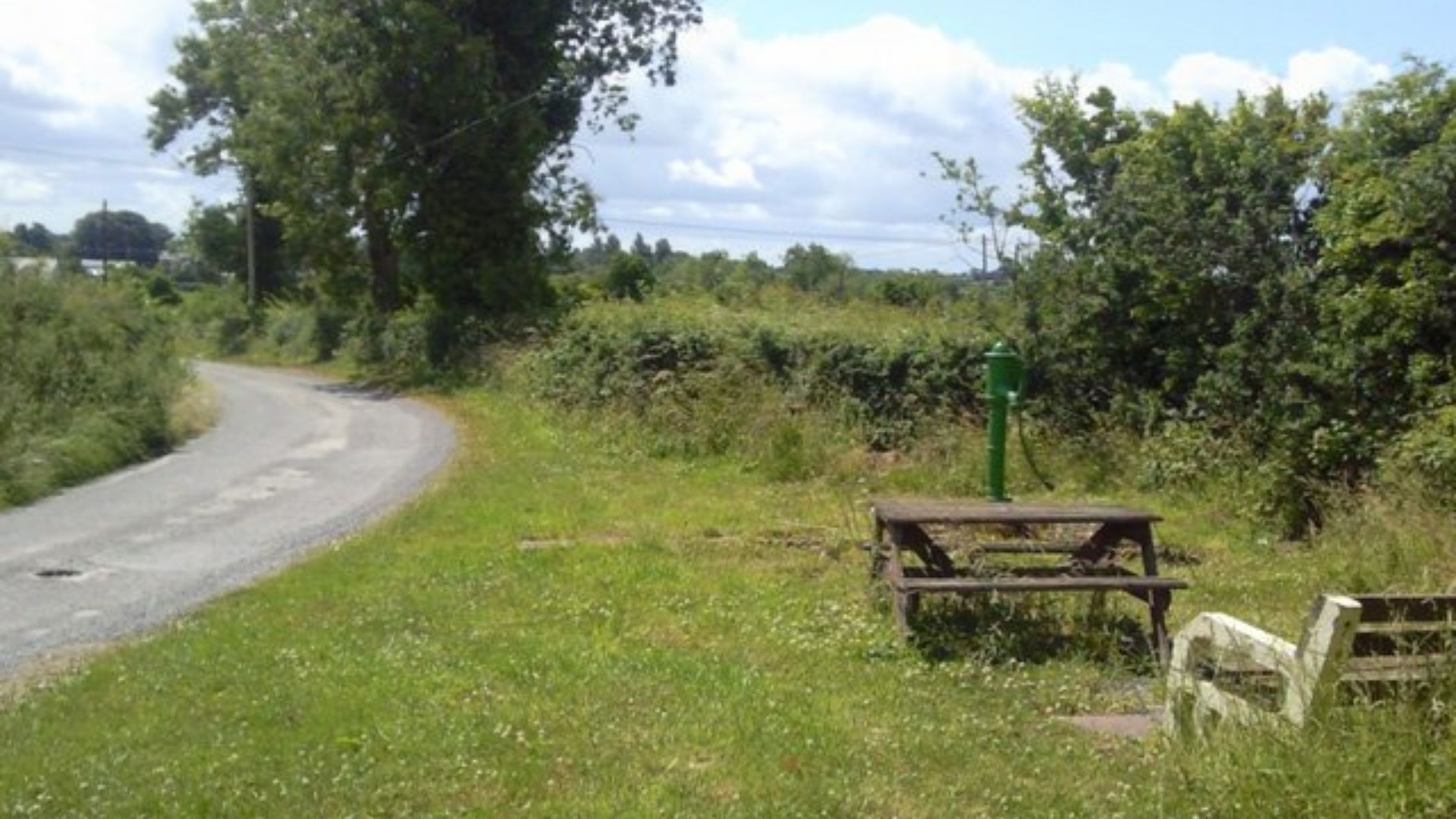
Source: C O-Flanagan/Wikipedia Commons
Issues with water and lack of rain have been reported in Texas, Arizona, Utah, and California in the past few months. The drought in Texas has caused Canyon Lake to reach unprecedented levels unseen since it was first constructed.
California Regulators Getting Ahead of the Concerns
Part of the issue has been a direct cause of human-created global warming, which has hit agriculture practices particularly hard.

Source: Chris LeBoutillier/Unsplash
California plays a massive role in growing billions of pounds of fruit and vegetables each year. Officials are concerned that groundwater will soon become unreliable if farmers continue to use it as their main source of water for crops.
Supplies Already Running Low
California’s Central Valley has already tapped too far into their aquifers to supply water to farms and cattle ranchers.
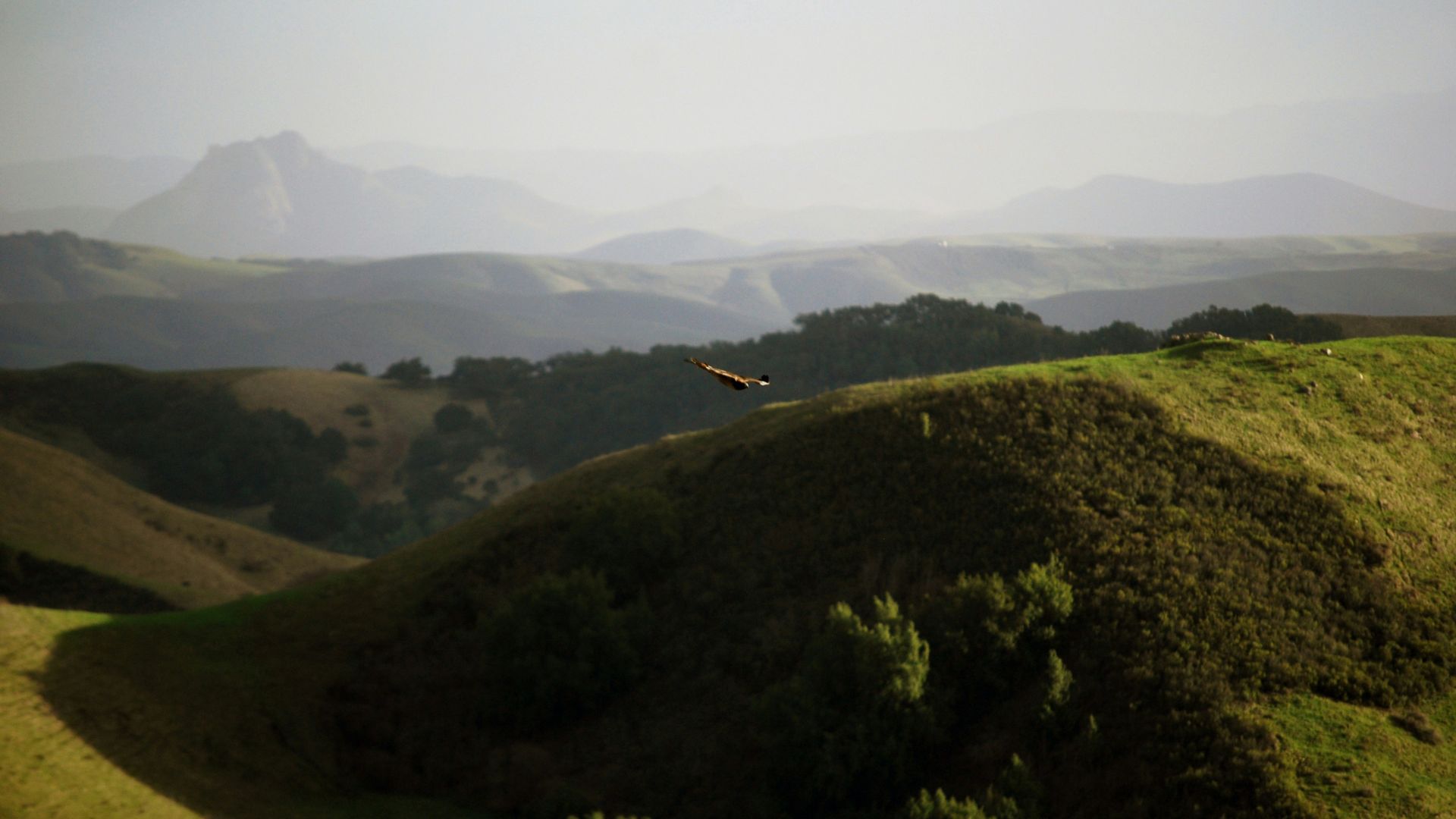
Source: Zach Doty/Unsplash
State regulators have been alerted to the issues with low levels of groundwater in the area. Farmers and growers in the area are at risk of their wells drying up completely.
Water Bills Could Soon Increase
Along with farmers, growers, and ranchers, nearby residential communities could soon feel the burn of low water supplies.
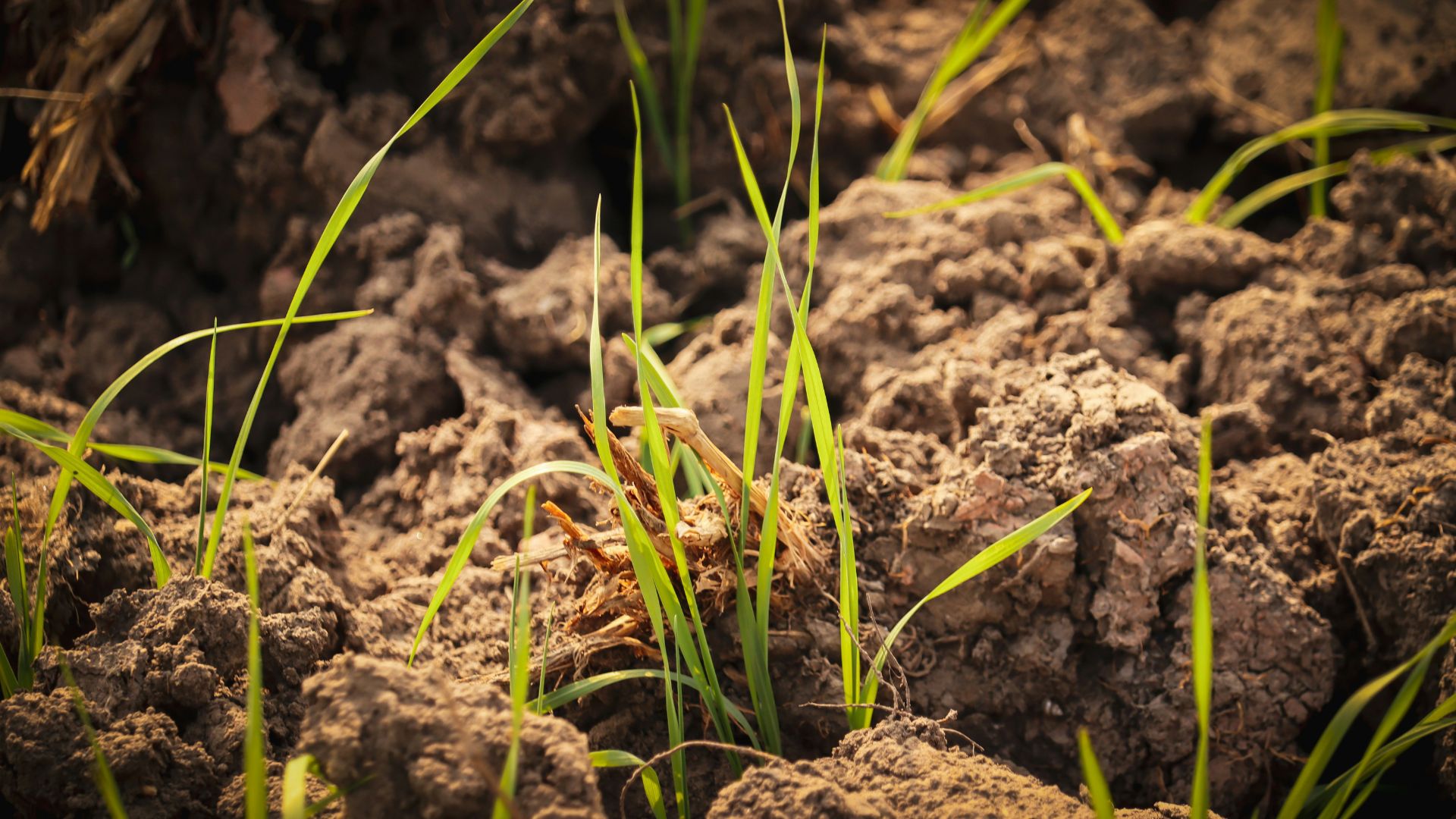
Source: Aejaz Memon/Unsplash
State lawmakers and regulators warn that if trends continue, almost everyone living in the central valley could see their water bills explode.
Government Initiatives Introduced To Help Curb Inflation
The California Government has introduced money back initiatives to help reduce the sting of inflation for regular families living in the state.

Source: Wikimedia
Things like the Inflation Reduction Act allow tax breaks for families. As well, homeowners can receive grants and tax returns for adding energy saving technologies to their homes like heat pumps and solar panels.
Risks Associated With Excess Pumping
As farmers turn to pumping ground water as their main source, they face additional stress on their land and on the environment.
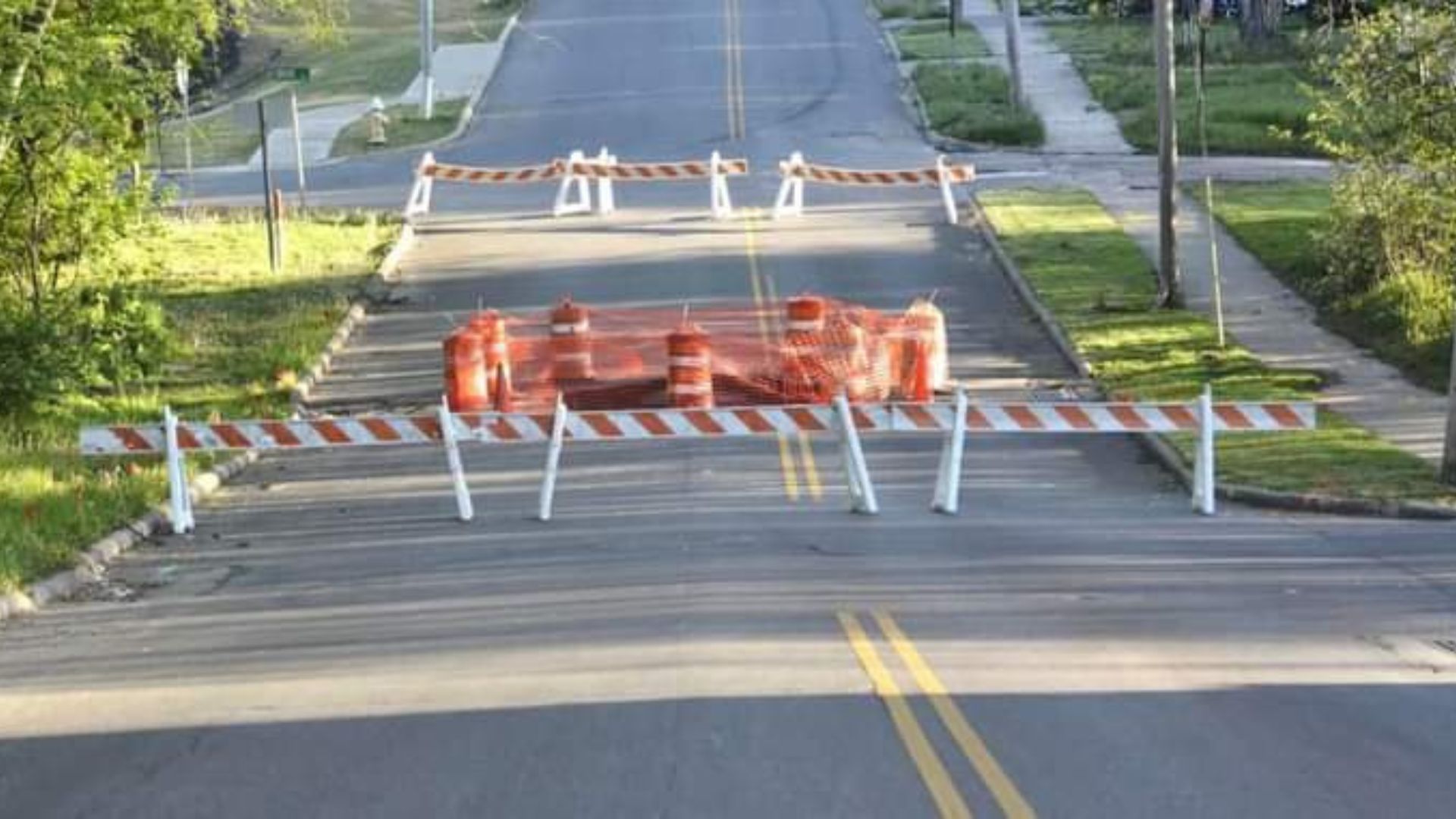
Source: @DambaanA/X
The risks of sinkholes can worsen as underground aquifers empty. As well, fissures can form underground and cause damage to local infrastructure if not monitored correctly.
California State Regulators Vote on Water Issue
In a unanimous decision, the California state board that regulates water voted to monitor groundwater at the Tulare Lake sub-basin.
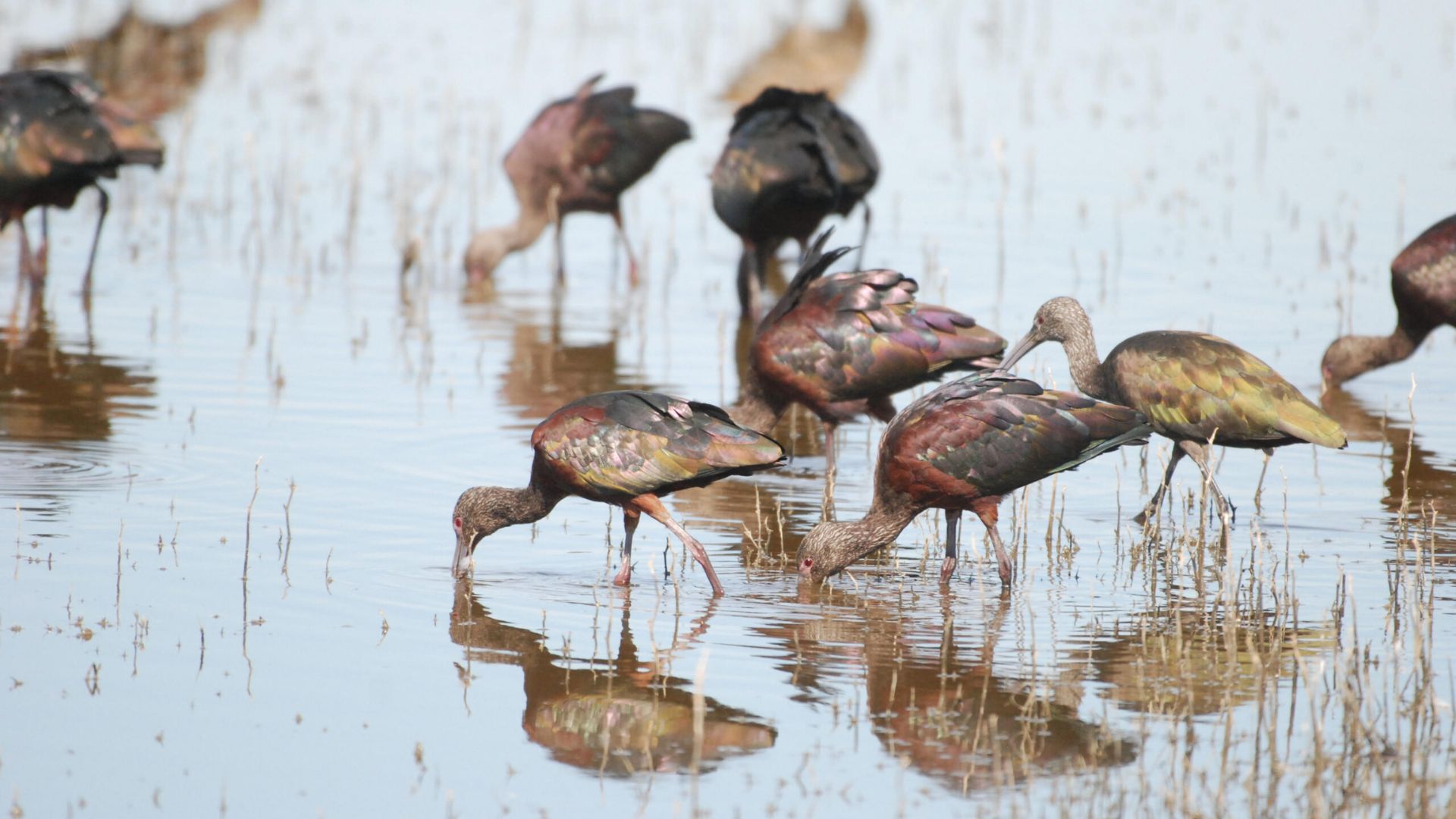
Source: @BayNature/X
Farmers who rely on this source will have to pay an additional fee to use the pump. Heavy fines will also be imposed on farmers who try to skirt the new regulations.
Water Expert Weighs in on Water Drama
Ellen Hank, an economist and water expert at the Public Policy Institute of California, says that groundwater is a collective resource. Excessive pumping can have massive detrimental effects on nearby communities.
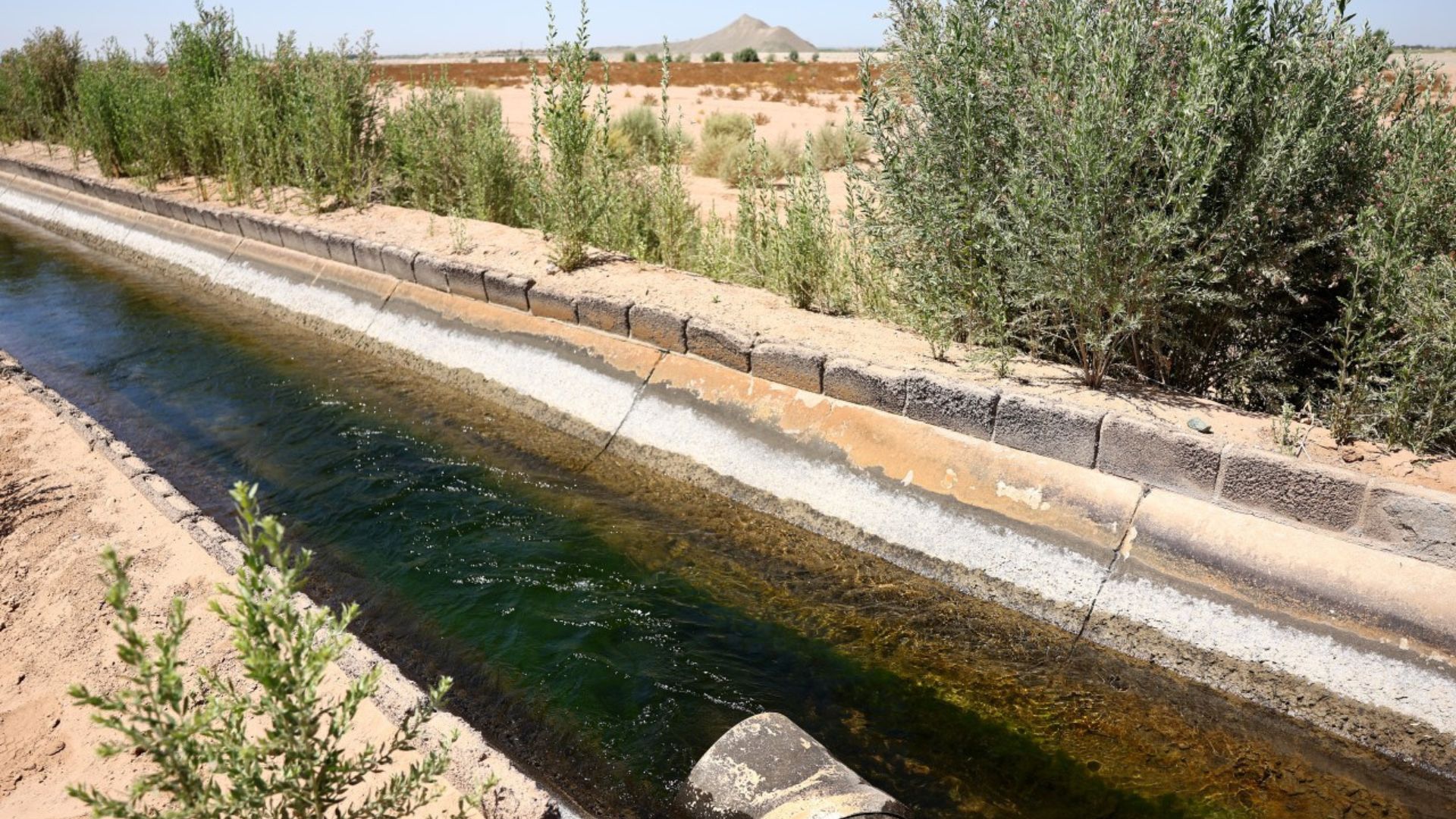
Source: @KSEE24/X
She also notes that managing the basin levels is an extreme measure for the state. They just don’t want to see the drought get any worse this summer or cause irreparable harm to the environment.
Farmers Will Be Charged for Water per Acre
Starting in July, farmers will need to begin paying to use the Tulare Lake water basin.
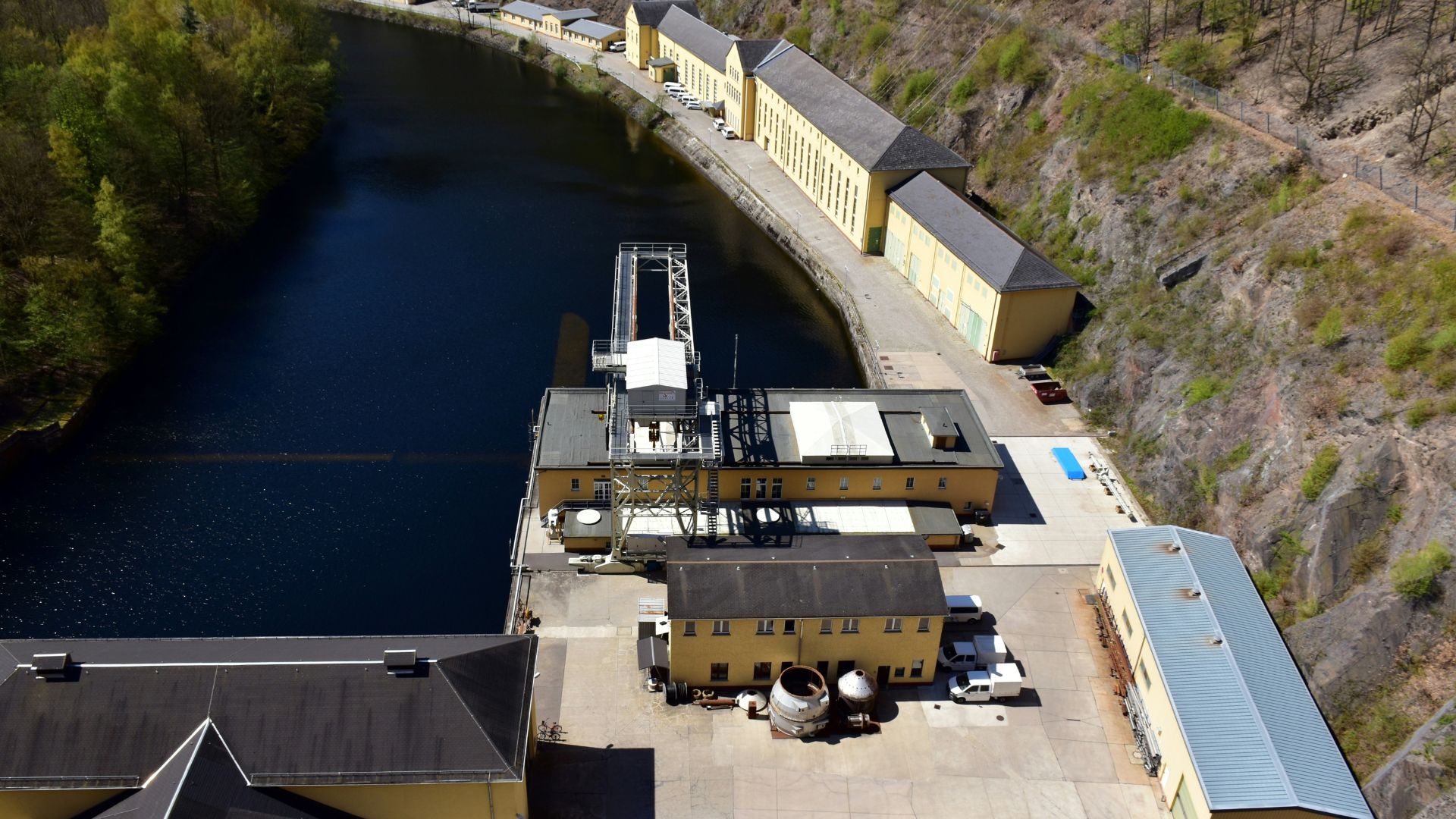
Source: Ries Bosch/Unsplash
Officials say that the water will be charged as $20 per acre-foot of water. Individual households, impoverished communities, and public institutions will not be charged. The massive price will be lifted when water officials can make a concrete change to the drought.
Underground Basins Are a Huge Supplier of Water to the State
According to the California Department of Water Resources, there are 515 underground basins and sub-basins in the state.
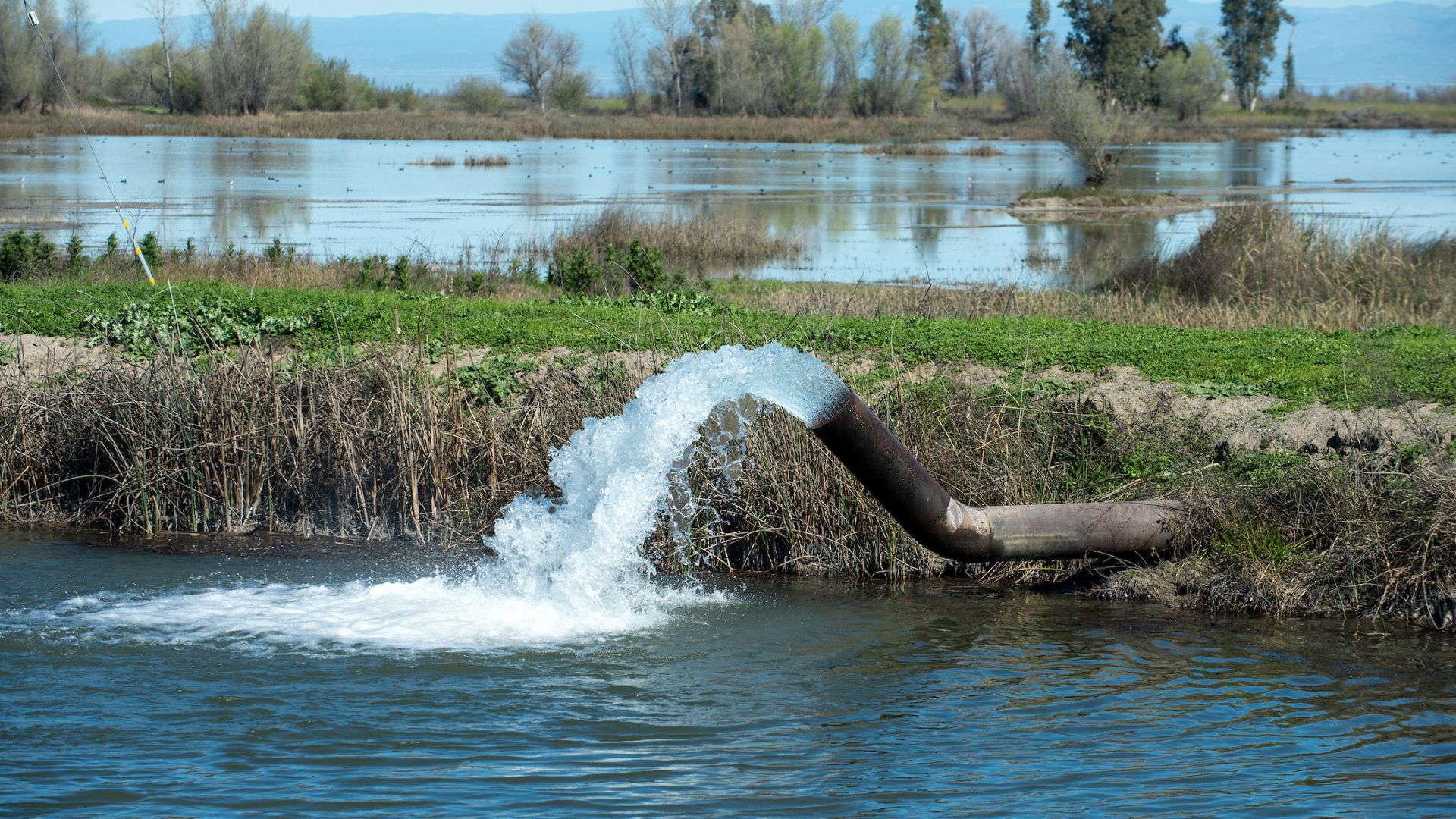
Source: @WaterUCIrvine/X
This massive network of underground water basins supply 41% of the state’s total water supply. Other water suppliers are the Colorado River, mountain run-off, and rain.
Controlling Water Until Conditions Improve
Until the issue can be mitigated, water coming from the Tulare Lake sub-basin needs to be strictly monitored during the dry months.
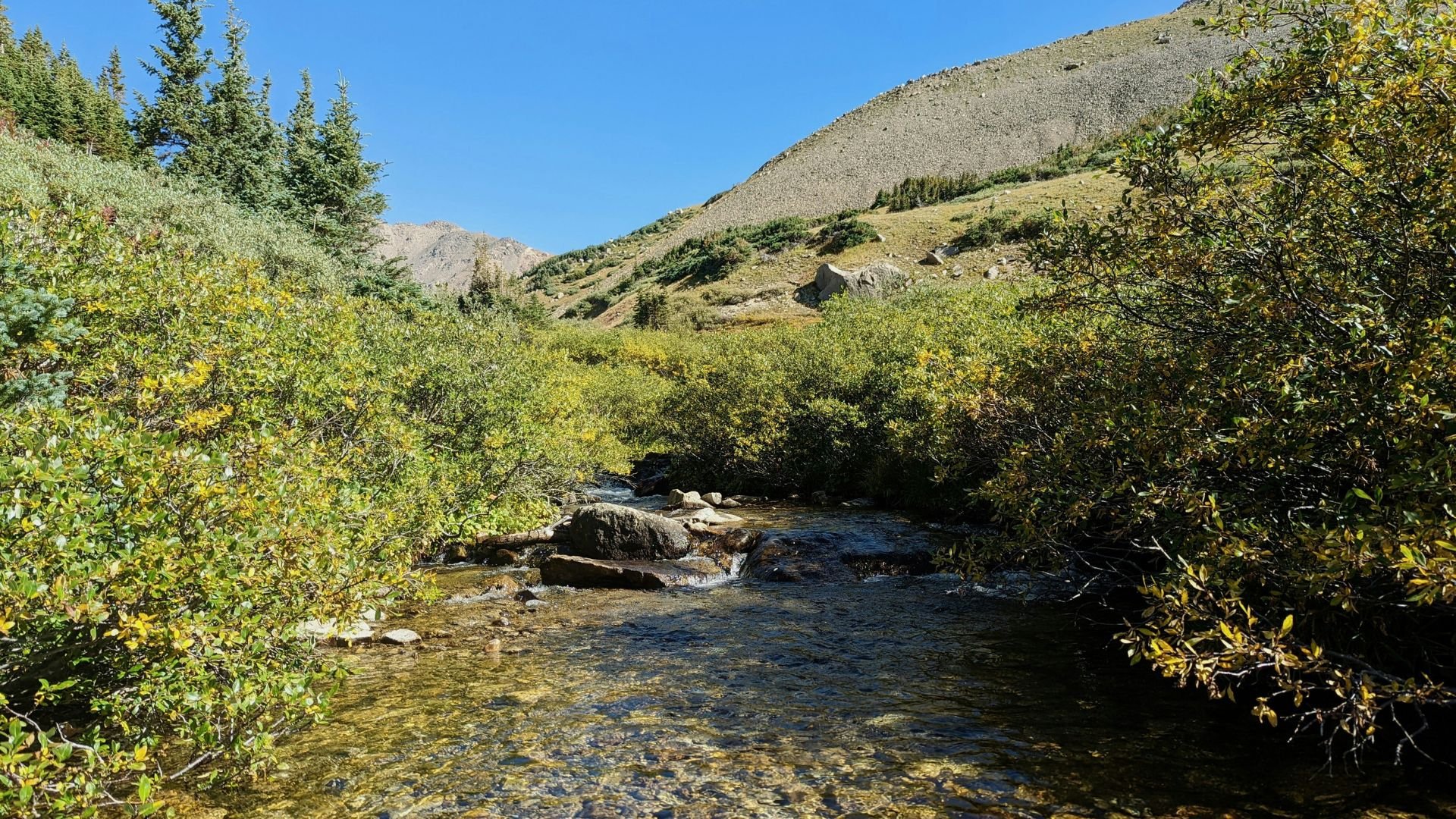
Source: Andrew R/Unsplash
California saw an unusual wet winter in 2023 which can help with replenishing basins. However, the issue of droughts in the summer are still a main concern for lawmakers in the area.
